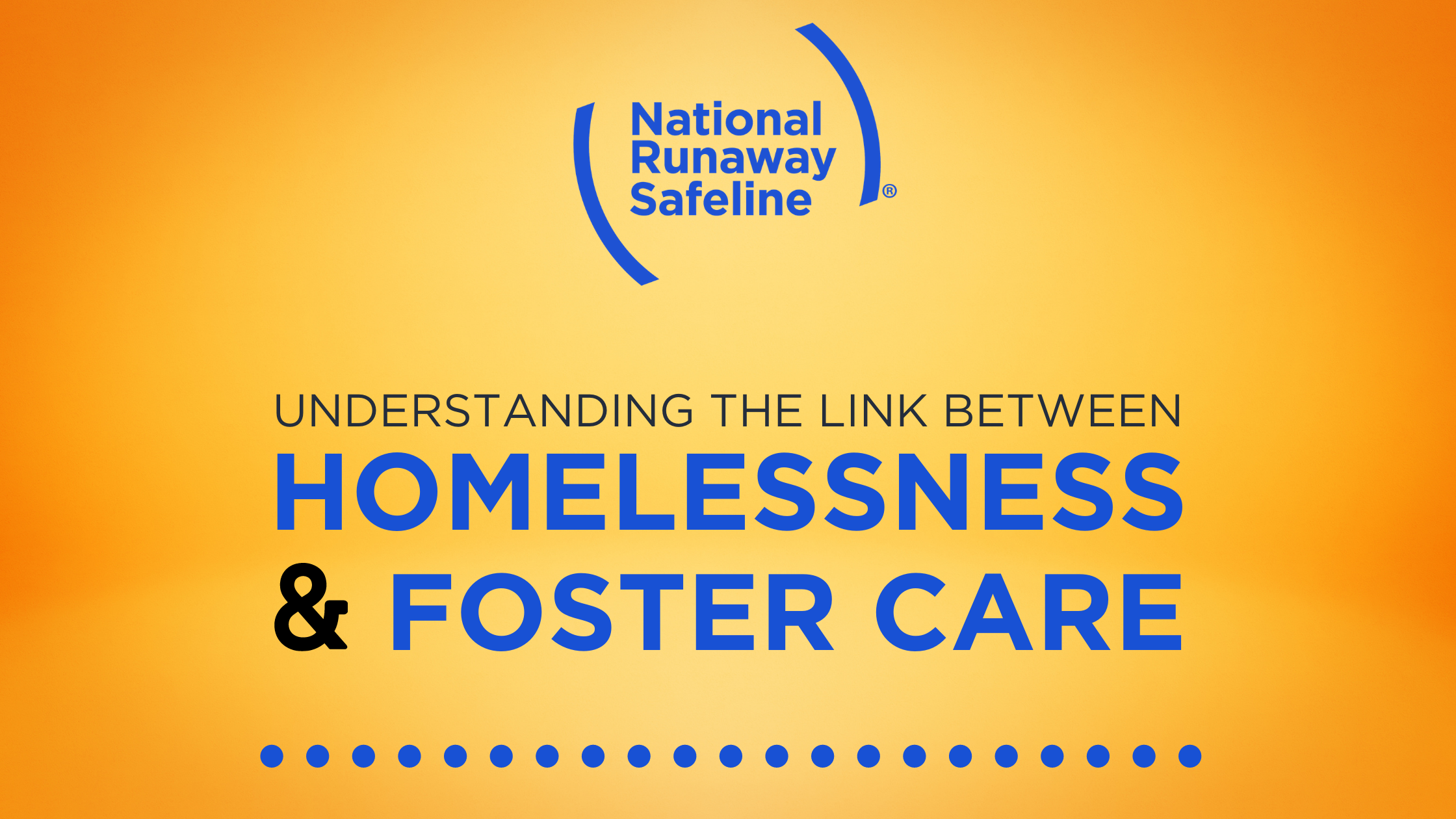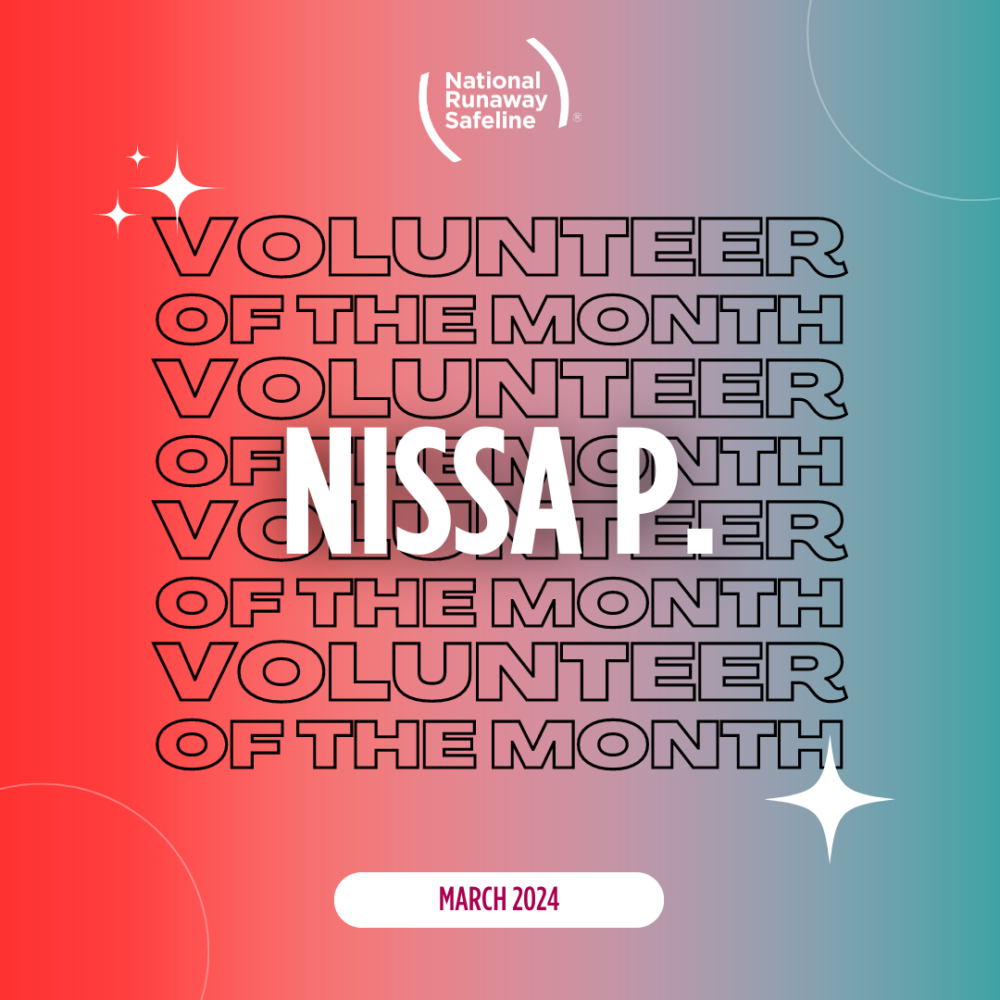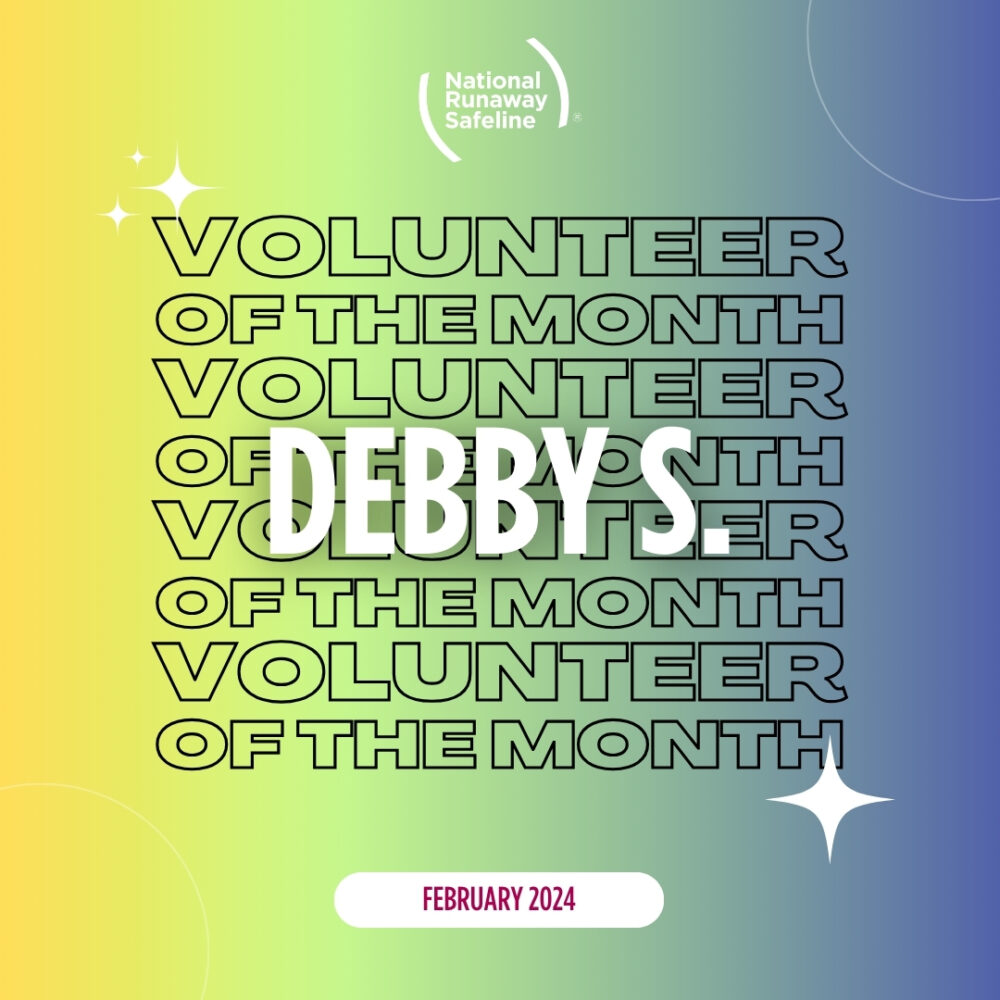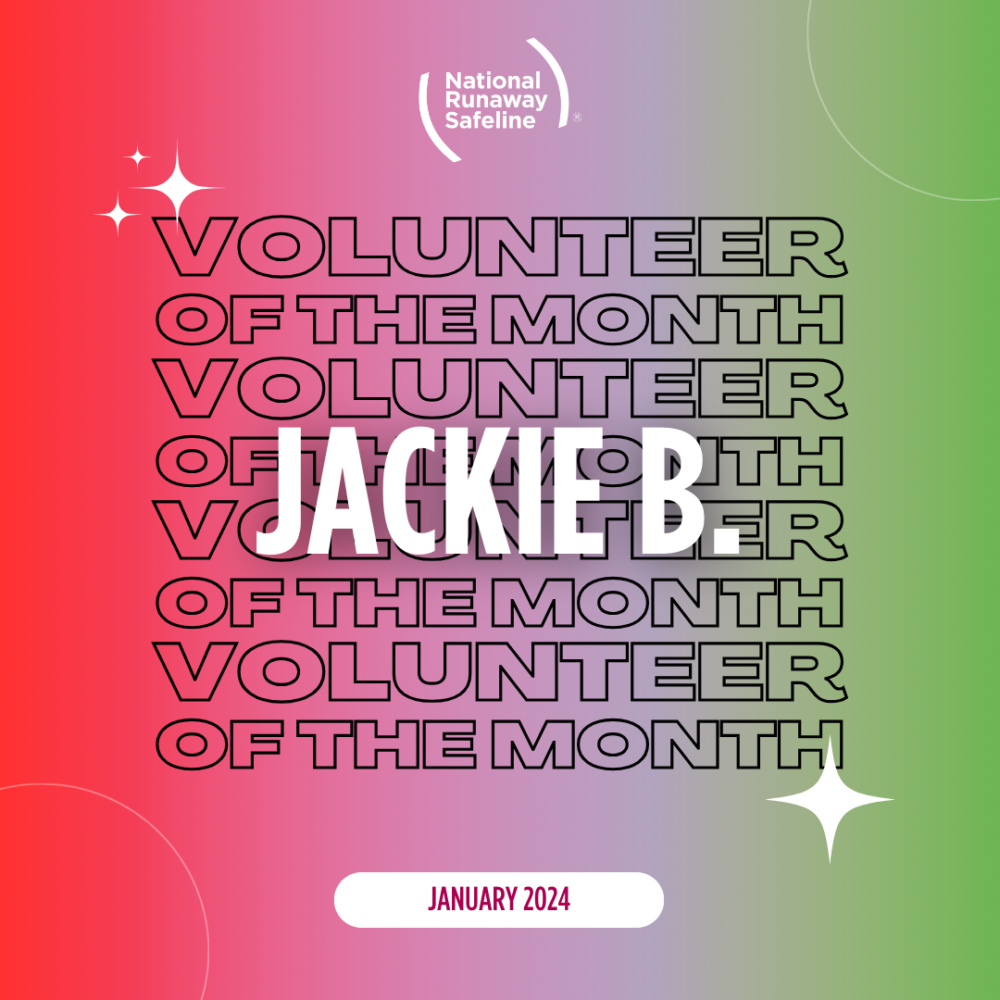May is National Foster Care Month, a time to acknowledge foster parents, volunteers, child welfare professionals and others in the community who work to provide youth in the system with permanent homes and connections. It is also important, however, to acknowledge the experiences of young people in the foster care system. Often, as adults in the system are centered or celebrated, the experiences of youth are left out of the conversation.
The decision to run away from home or leave a current living situation can be a difficult one. At NRS, young people who currently in the foster care system or who have recently aged out of the system are one of the at-risk populations that most often reach out for help. Why is this?
According to a 2019 Issue Brief from Chapin Hall at the University of Chicago, there are several pathways from foster care to homelessness. In fact, many young people see entry into the foster care system as the beginning of their experience with homelessness, following a larger pattern of family instability.
Young people in foster care tend to be BIPOC and/or living below the poverty line– groups that are already at a higher risk of experiencing homelessness. Lack of a secure or stable home environment can lead to poor mental health, increased risk for poor physical health outcomes, and may lead to dangerous behaviors.
There are many proposed solutions to this disparity in positive outcomes and risk of homelessness. Building meaningful and permanent connections with adults in their lives, actively supporting reunified or adoptive families, improving preparation for independent living are all strategies to reducing the risk of homelessness. But, much work has to be done before these gaps in the system can resolved.
What about right now? For one, there are several benefits to young people who are in the foster care system or who have recently aged out included in the American Rescue Plan Act. Read through our Instagram post on it below:
We are also available 24/7 to provide free, confidential crisis services to young people and their families. Our team can help connect youth with resources, navigate the foster care system, and help them come up with a plan to improve their situation. If you know someone in crisis, give them our phone number, 1-800-RUNAWAY (1-800-786-2929) or URL, 1800RUNAWAY.org. We are always here to listen, here to help.
